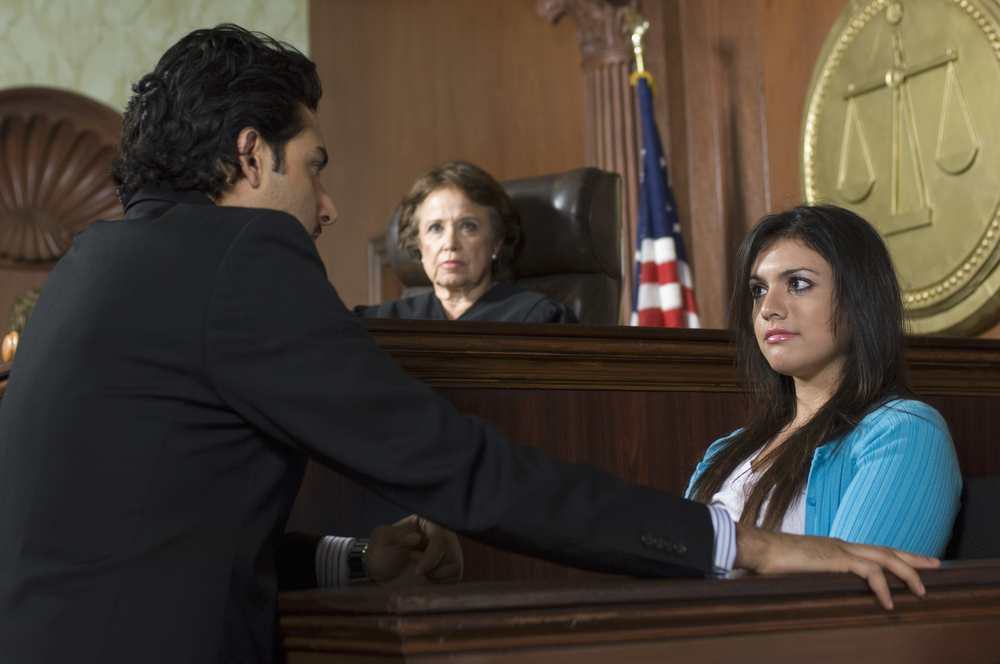
Supreme Court Justice John H. Wigmore called cross-examination “the greatest legal engine ever invented for the discovery of truth.” But what is cross-examination, and how does it help the truth to come through in a criminal trial?
During a trial, each side (beginning with the prosecution) may call witnesses to the stand to testify and to help establish the facts of the case. Typically, the side that calls the witness questions the witness first, in a process called “direct examination” or simply “direct.”
When the side that called the witness is finished examining that witness, the other side has a chance to question the witness. This phase is called “cross-examination” or “cross.”
What Makes Cross-Examination Different From Direct Examination?
During direct examination, attorneys must play by very specific rules. Because it is presumed their own witness is friendly to their case, they must ask only open questions that give the witness freedom to respond in their own way. “Leading” questions, that indicate what the answer should be in the context of the question, are prohibited during direct exaination.
During cross-examination, however, leading questions are fair game. They can be used to require the witness to admit to things that may be true, but that the witness may have chosen to edit from the statements given during direct examination.
For example, imagine that during direct examination, a witness for the prosecution claimed that he saw the defendant punch another person in a bar fight—but the witness leaves out the fact that he was several feet away, on the outside of a large crowd, and that the bar was dark. Without cross-examination, a judge or jury might presume this statement is the whole truth, and convict the defendant as a result.
If the defendant’s lawyer performs cross-examination, however, a different story emerges. The attorney can ask questions that focus on specific details: details like how far away the witness was standing, how dark it was in the bar, and whether any furniture, walls, or other people obstructed the witness’s view. Whether or not the witness could see clearly what happened becomes more evident—and so does the trustworthiness of the witness’s account.
If you’re facing criminal charges, you should contact an experienced New Jersey criminal defense lawyer immediately. At Stephen Piper Law you will find an experienced attorney to support you in your case. Mr. Piper will protect your rights and fight for your freedom. Don’t delay; the sooner you call, the sooner he can get started preparing your defense strategy. Contact us today for an initial consultation, Mr. Piper will answer all of your questions and help you better understand how he will zealously represent you.
The articles on this blog are for informative purposes only and are no substitute for legal advice or an attorney/client relationship. If you are seeking legal advice, please contact our law firm directly.

